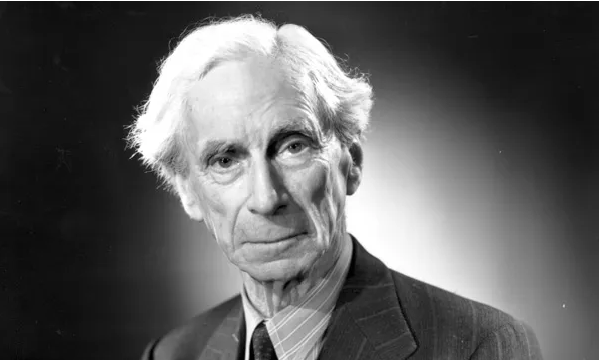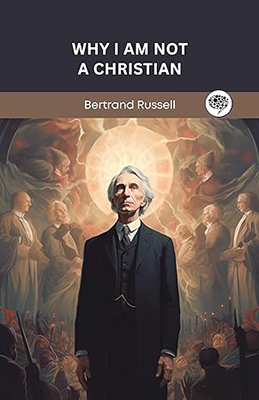
Bertrand Russell
Bertrand Russell, born on May 18, 1872, in Trellech, Monmouthshire, Wales, was a British philosopher, logician, mathematician, historian, writer, social critic, and political activist. He is considered one of the most important intellectuals of the 20th century, known for his contributions to various fields and his outspoken views on a wide range of topics.
Russell came from a prominent aristocratic family and received a privileged education. He studied mathematics at Trinity College, Cambridge, where he became deeply interested in the foundations of mathematics and logic. His work in logic, particularly his collaboration with Alfred North Whitehead on the landmark “Principia Mathematica,” laid the groundwork for modern mathematical logic and had a profound influence on the philosophy of mathematics.
In addition to his work in mathematics and logic, Russell made significant contributions to philosophy. He was a leading figure in the development of analytic philosophy, which emphasizes the use of logical analysis and language to solve philosophical problems. Russell’s early philosophical work focused on logic, metaphysics, and epistemology, but he later became known for his social and political activism.
Russell was a passionate advocate for peace, social justice, and human rights throughout his life. He was involved in various political causes, including the campaign against nuclear weapons and the Vietnam War. He was also an outspoken critic of organized religion, authoritarianism, and war.
Despite his privileged background, Russell was committed to social reform and the welfare of the less fortunate. He wrote extensively on social and political issues, advocating for socialism, pacifism, and individual freedom. His writings, which include books such as “Why I Am Not a Christian” and “In Praise of Idleness,” remain influential today.
In 1950, Russell was awarded the Nobel Prize in Literature in recognition of his extensive contributions to literature and his tireless efforts to promote peace and human rights. He continued to write and lecture until his death on February 2, 1970, leaving behind a rich legacy of intellectual achievement and social activism. Bertrand Russell’s ideas and influence continue to inspire scholars, activists, and thinkers around the world.

